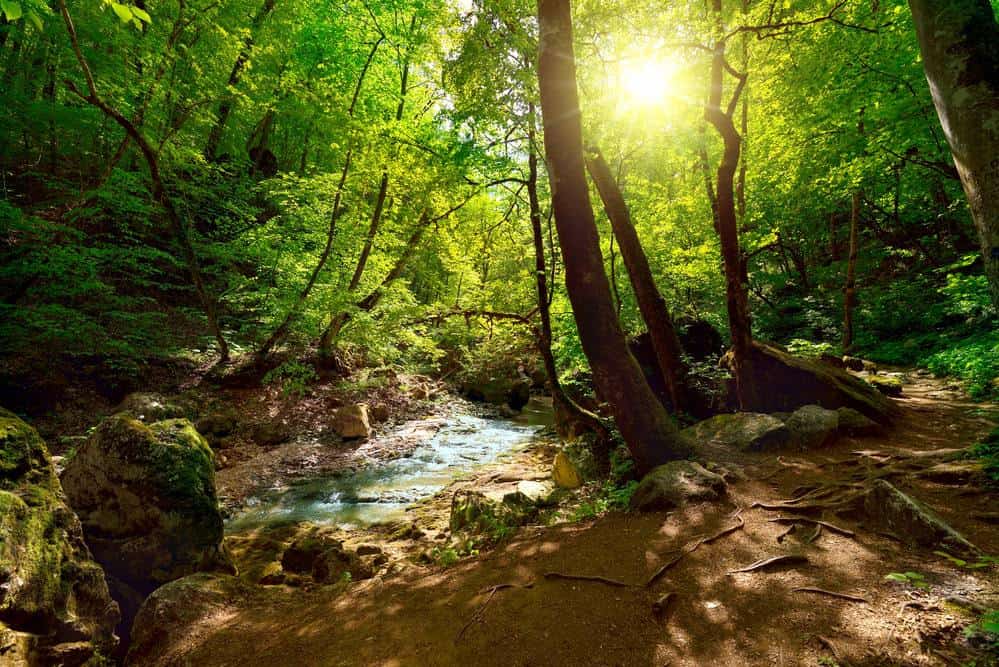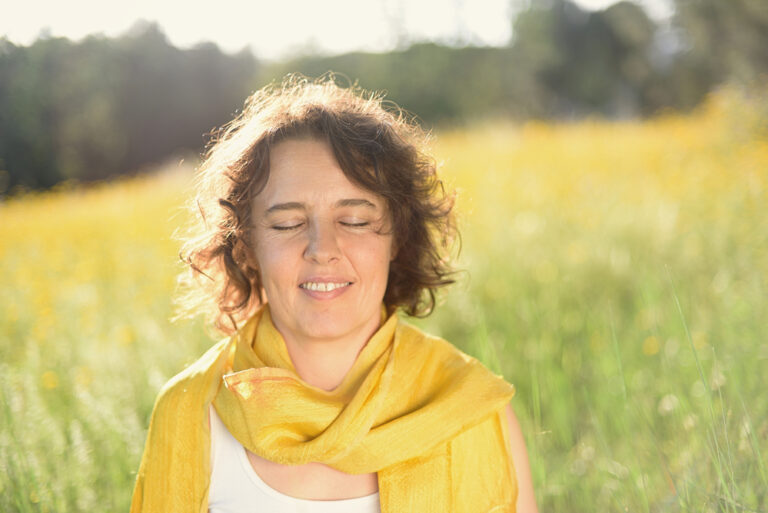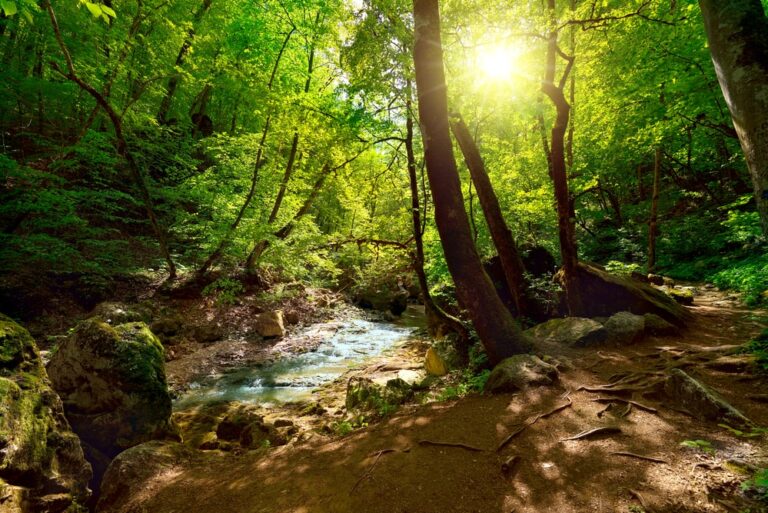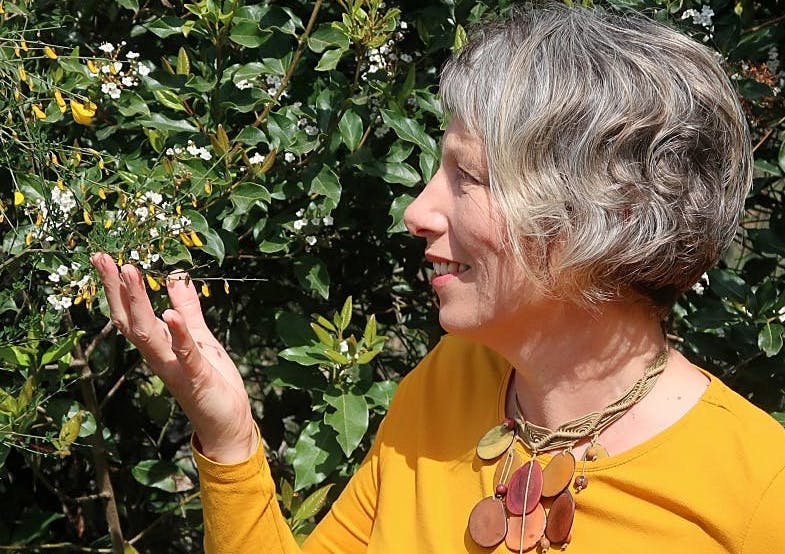Nature Connectedness And Why It’s Crucial For Your Well-Being
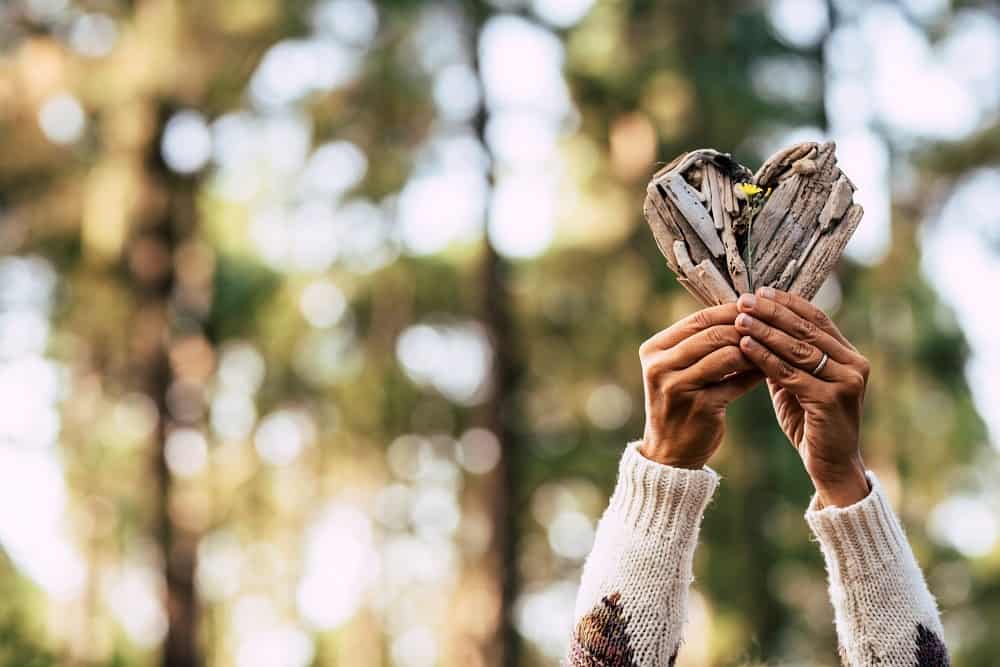
You might not be familiar with the term but nature connectedness is all about the way that humans identify and connect with nature. As natural beings ourselves, we have an inbuilt need to associate with other living things, for our own well-being.
You may have noticed that you are instinctively drawn towards animals, especially those with cute faces, and that you feel better when you’re amid greenery. This has always been the case for me, even before I gained a deeper understanding of the relationship between humans and nature.
This instinctive affinity is known as the biophilia hyphothesis, a term coined by Erich Fromm in 1964 to describe our attraction to “all that is alive and vital”. Since then, numerous scientific studies have revealed this unconsious pull.
Why is it important to reconnect with nature?
Our very survival is inextricably linked to the way in which we humans relate to the natural world. Unfortunately, as I’m sure you’re aware, there’s a serious problem within this partnership for many people right now.
In pre-industrial days, human lifestyles used to be much more in tune with nature and its rhythms. On a basic level, the very food we ate would change with the seasons and be at the mercy of the weather and its whims. The amount of daylight would impact our working day and leisure hours, as well as our sleep patterns.
The majority of the world’s population has now migrated to urban areas. The modern world is made up of built up spaces and lifestyles that keep us spending an estimated 90% of our time indoors and away from nature. Even more so during the pandemic!
Unsurprisingly, our busy modern lives have led too many of us to feel dangerously disconnected from the rest of nature.
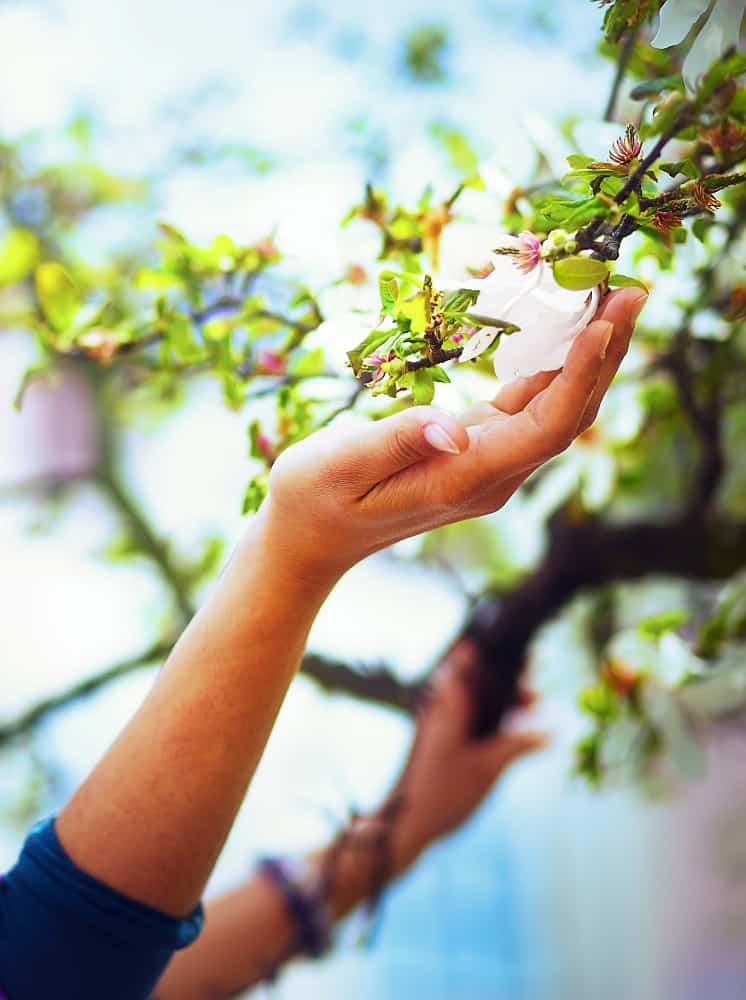
What’s your nature connectedness score?
Despite the many barriers we’ve placed between ourselves and nature, some people instinctively feel the pull of nature connectedness more strongly than others. As a result, they will deliberately spend more time outdoors, choosing an occupation or leisure activities that facilitate this, such as a career as a marine biologist or horticulturalist or going hiking and camping or gardening as a hobby.
Numerous scientific studies have devised methodologies to measure the degrees of nature connectedness that people experience, such as this Connectedness to Nature Scale.
I completed the 1-page survey and scored 4.14 out of 5, which I was quite pleased with.
Some studies suggest that our level of nature connectedness is fixed, like a personality trait, but my own experience belies that.
If I had completed that survey a couple of years ago, my score would have been much lower, simply because I was enjoying nature on a more superficial level and relatively oblivious to how deeply intertwined everything is.
Since I started paying more attention to my surroundings, learning more about nature and exploring my spirituality in way that I feel comfortable with, my own connection to nature has deepened considerably through increased awareness.
My observation fits with other research which shows that the more time you spend in nature, the more connected you feel to it. Makes sense, really, but I’d add that it’s important to notice your surroundings and your body’s sensations more in order to get this effect.
Deepening your connection to nature has noticable positive effects on your social and psychological wellbeing, including greater self-acceptance and sense of purpose as well as better relationships with others.
How are humans connected to nature?
If you want to dig a bit deeper into your love, or otherwise, of nature, you can break it down into different aspects.
P. Wesley Schultz, an expert in social and environmental psychology, suggests that our connection to nature is composed of three different elements, namely cognitive, affective and behavioural.
Each of these elements influences the way we interact with nature.
Cognitive nature connectedness – your beliefs
According to Schultz, at the core of nature connectedness lies the cognitive component, which is all about the extent to which an individual belives that they are part of nature as a whole.
Ask yourself: Is nature something separate from you, or are you simply one small part of a larger ecosystem?
Affective nature connectedness – how do you feel?
This is more about your emotional connection to nature; how it makes you feel and how you feel towards other living things.
Do puppies make you warm inside? What about slugs?
Does an orchid have the same effect on you as a cabbage, visually?
How much do you care about animals and plants in general? How do you feel about looking after a house plant, or a lame goat?
There are no right or wrong answers to these questions, by the way!
Behavioural nature connectedness – the actions you take
The deeper your personal connection to nature, the stronger your commitment to protecting the natural environment is likely to be.
If you see yourself as entirely separate from and superior to other life forms, it can be harder to appreciate the need to act in an environmentally responsible way.
Those of us living in highly developed industrialised countries can hardly claim ignorance of the need to reduce our use of plastics and to recycle waste.
These actions are just the basics.
Feeling deeply committed to preserving the natural world for the good of all usually leads to further action. On a personal level, this could mean choosing organic produce and switching to a largely plant-based diet, or choosing eco-friendly products and services.
I’m not here to preach to anyone but I invite you to consider, and perhaps journal on, these questions:
What actions do you personally take to protect the natural environment?
How you feel about your own eco-friendly actions? Are they enough?
What are your thoughts on climate change?
What more needs to be done before it’s too late to stem, let alone reverse the damage that humans have done?
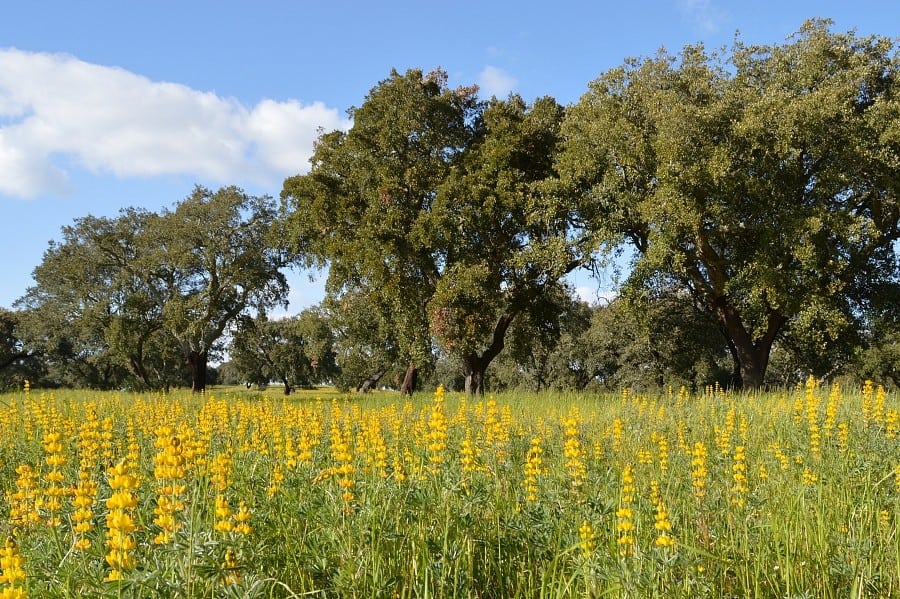
Why people should connect more with nature
I’ll go more deeply in to the personal benefits of developing a deeper connection with nature in another article but for me, one of the critical pieces lies in understanding that everything is interconnected.
Barry Commoner’s four laws of ecology from his book The Closing Circle, were first published in 1971 and are just as relevant today.
According to Barry:
1. Everything is connected to everything else
Every ecosystem is made up of multiple interconnected parts that have evolved over time. Each of these have an effect on the others and, it is often only when this delicate balance is disrupted that the consequences are revealed.
The effects can be dramatic and surprising, as was the case in Yellowstone National Park when the resident wolves became extinct.
The lack of predators led to a chain of events which decimated the aspen trees and killed off the beaver population, among other things. Now that wolves have been reintroduced to Yellowstone, the ecosystem is recovering.
2. Everything must go somewhere
Matter doesn’t simply disappear, it simply changes form. In natural ecosystems, one organism’s waste is another’s food.
As humans, our impact on complex environmental ecosystems is enormous.
Even the drugs we take to resolve imbalances in our own body’s systems wash into the waterways, impacting all the living creatures within those ecosystems. They come back to haunt us through the food we eat, which contains traces of these chemicals.
3. Nature knows best
Our ever-growing techonological capacities inspire humans to try to improve upon nature for our own benefit, e.g. warmer homes, synthetic clothing, mechanised farming techniques. We do, indeed, enjoy a more comfortable lifestyle as a result of these innovations.
However, there is a danger in overlooking the fact that nature and its ecosystems have evolved carefully over thousands of years to perform optimally. Introducing man made changes will undoubtedly have a detrimental effect.
4. There is no such thing as a free lunch
Because everything is interconnected, any change to the global ecosystem will have an impact somewhere and there can be no gain without loss.
Anything removed from nature by humans which is not replaced comes at a cost somewhere down the line, as we are realising rather too late.
Does nature depend on humans?
The truth is that we are nature and cannot ignore that as such, we are interdependent on the natural environment in which we exist.
Nature needs us to behave in reciprocity and respect, instead of stripping it of all that is good for our own short term gain.
That said, if we humans manage to make the Earth uninhabitable for ourselves, nature will survive long after we’re gone. A sobering thought.


